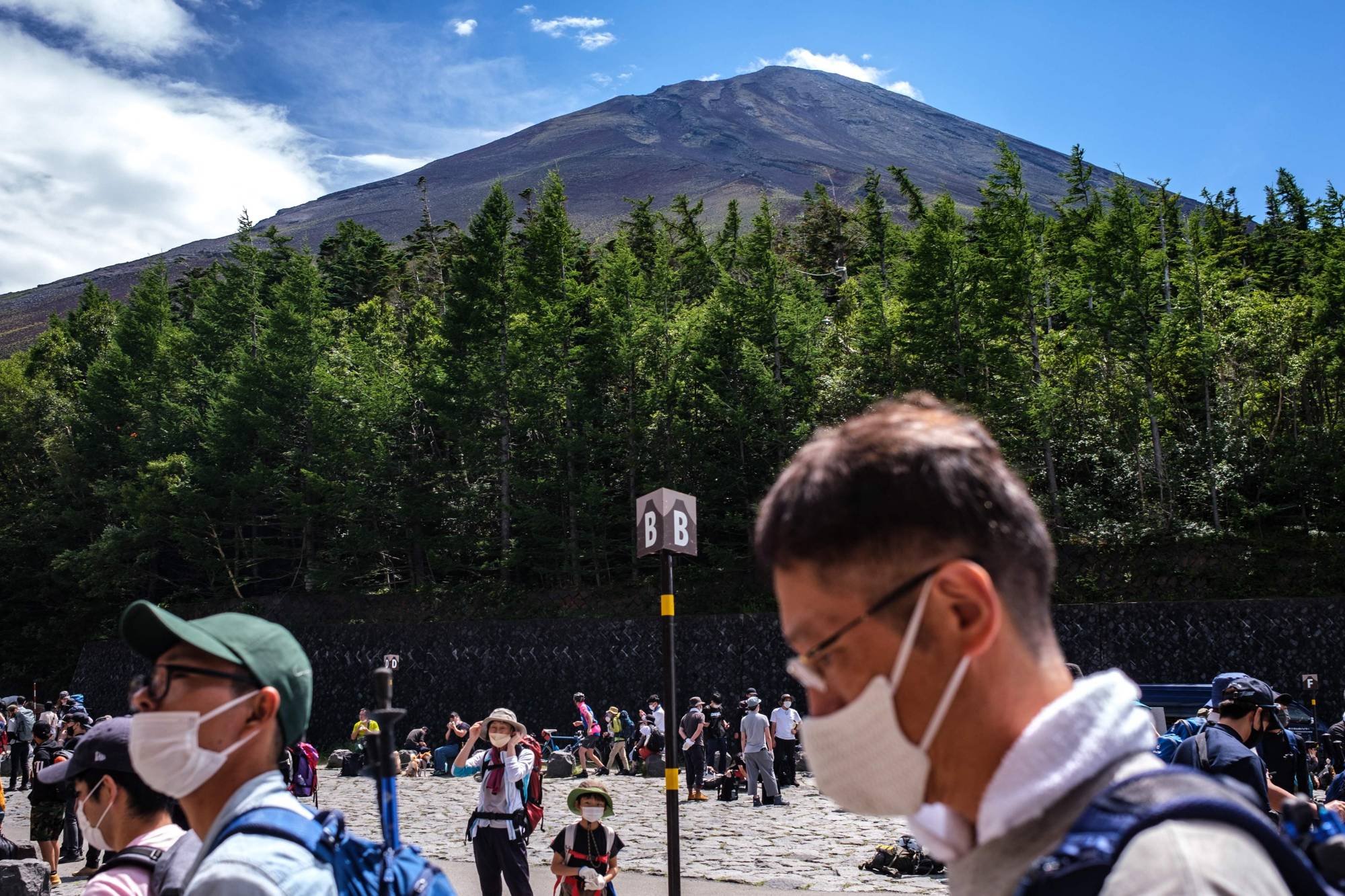It’s been nearly three months since Japan nudged the door open and welcomed foreign travelers — on strict, guided tours — after over two years of COVID-19 border restrictions.
But, perhaps predictably given the criteria for entry, foreign tourists have returned in a trickle rather than a wave.
The overall number of foreign arrivals to Japan in July stood at 178,679, topping 100,000 for the fourth straight month following the easing of COVID-19 border control measures in March. However, the number of tourists was only 7,903 in July while the figure was just 252 in June, according to data released by the Immigration Services Agency.

















With your current subscription plan you can comment on stories. However, before writing your first comment, please create a display name in the Profile section of your subscriber account page.